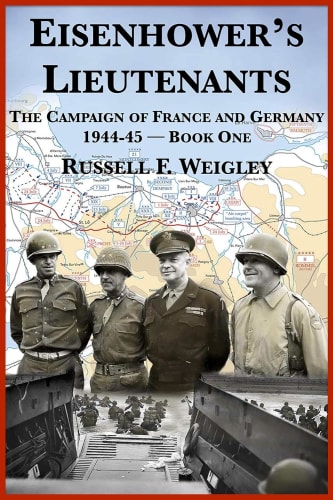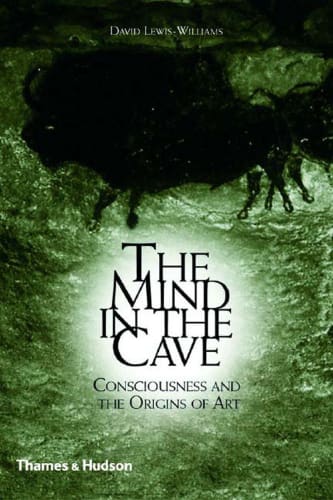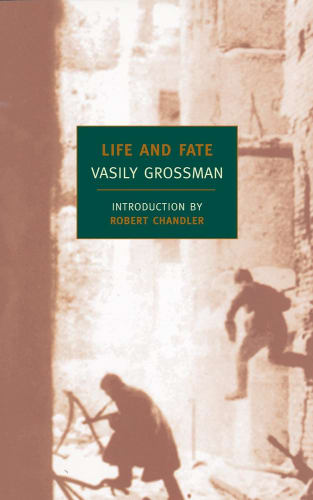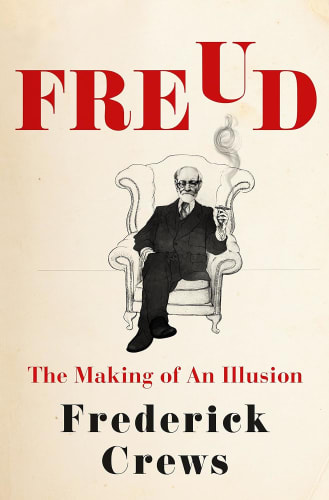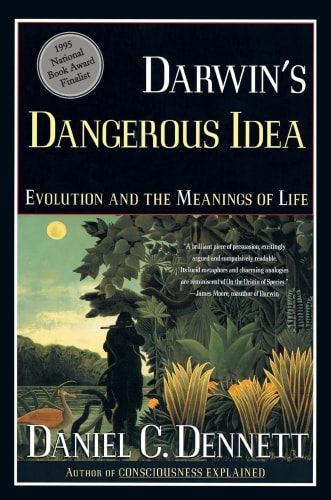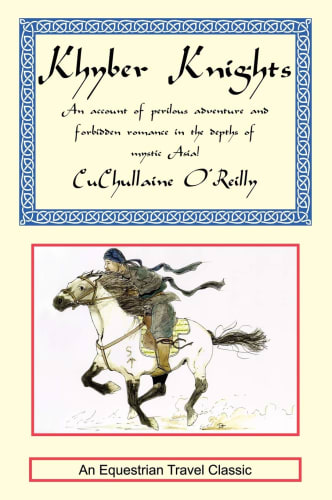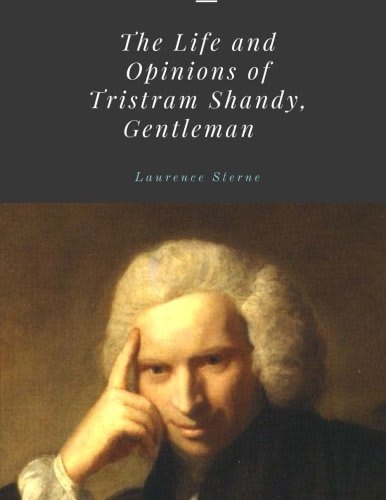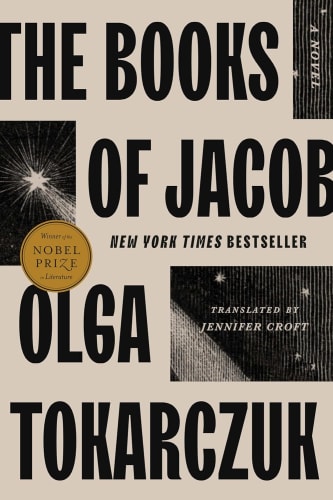
Discovering New Worlds
Beyond my professional interest in politics and political science, I read books for many reasons and with many pleasures. The discovery of new worlds of amazement; worlds that I had not known existed, provides both reason and pleasure, especially when what I read is presented with meticulousness and bravura. There are, of course, well-known classics that fit in this category, books in or touching my own field of specialization—Political Science—including works by Plato, Charles Darwin, Karl Polanyi, Michel Foucault, Douglass North, and Antonio Gramsci. The books I’m recommending here offer equally exciting paths into regions of human experience, history, and theorizing—paths outside my areas of professional expertise-- that do not require training or guidance to follow. Each of these books opened a world of wonder that changed me, dramatically expanded my understanding, and substantially widened the range of questions I ask and the answers I can offer.
Read more...
Read less...
